Essential oils are an investment in your spiritual well-being and beauty regime. Learning the dos and don’ts of storing them is just one important way to protect your wellness investment and maximise their benefits. In this blog, we’ll be teaching you how to store essential oils correctly, in addition to answering some of your most-asked questions.
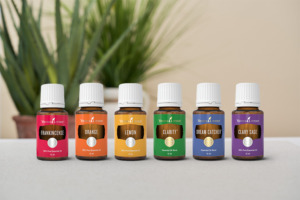
Dos and Don’ts – How do you store essential oils?
DO – Keep the bottle lids on tight
When learning how to use essential oils and store them at home, ensuring a tight lid prevents oxidation, and stops air or water from getting inside the bottle.
- Less contact with air allows the oil to retain its properties. Frequent and prolonged exposure to air can alter consistency, fragrance, and properties of the oil.
- Closing lids tightly also stops any oil from evaporating.
YL tip: The plastic fitment on the bottle, which allows the oil to escape one drop at a time, also helps keep air and water out. Be sure to leave it on the bottle unless you exchange it for a roller fitment.
DON’T – Surround your oils with too much heat or sunlight
Too much heat or sunlight can impact the quality of the oil.
- Both heat and sunlight can change the chemical composition of the oil.
- Too much heat can cause the oil to evaporate more quickly, making it less effective.
- Too much sun can deteriorate the oil.
YL tip: Keep essential oils in a closet or drawer and avoid leaving them in your car. A good rule of thumb is to keep oils in a cool, dark place.
DO – Care for your oils while on the go
If you’re anything like us, you keep your favourite oils on hand wherever you go—your car, your gym bag, your desk, and your purse. Any time is the right time for using your favourites! The good news is you can preserve your oils and store them safely while travelling with a carrying case made just for your essential oils. Carry your oils with you wherever you go!
DON’T – Be afraid to make a statement
You love your oils and you’re not afraid to show it! Display them in your home with a stylish shelving unit along with a potted plant or other chic decorative touches. Be sure the display doesn’t get frequent or prolonged sunlight, and then let your oils take centre stage!
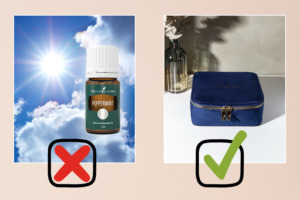
DO – Get Your Questions Answered
Do you have questions about properly storing your oils, the shelf life of your favourite Young Living products, keeping the quality consistent over time, or getting the most out of each little bottle? Or perhaps you’ve been wanting to learn more about essential oil safety? Here are some frequently asked questions:
1. Can you keep essential oils in the fridge?
Some essential oil lovers swear by putting their oils in the fridge. It isn’t so much the lower temperature that matters—oils do not need to be kept that cold—but the consistent climate. Your fridge stays the same temperature day and night, which helps preserve the oil. However, we recommend removing the oil about 12 hours before use so it can return to room temperature.
2. Can essential oils be stored in plastic bottles?
Essential oils are incredibly potent, which means that many oils will dissolve plastic. For this reason, we always keep our oils in glass bottles. Keep this in mind if you ever choose to make DIY perfumes or blends using essential oils!
3. Do essential oils require storage in dark bottles?
You’ll notice that a majority of Young Living essential oils come in amber bottles. That’s to protect them from any light that could alter their delicate composition. We recommend always storing your essential oils in dark-coloured bottles to preserve their quality.
4. Is it okay to freeze essential oils?
Putting essential oils in the freezer is perfectly safe. The consistent temperature and lack of light help to preserve your oils. There are some oils—such as Rose and Thyme—that may have natural components that solidify or crystallise in the freezer.
5. Can essential oils expire? If so, what is the average shelf life of an essential oil?
Wondering how long essential oils last once opened? Most essential oils do, in fact, have an expiry date, although this depends on the type of essential oil and its components. In general, we recommend replacing your essential oils every three years to avoid any irritation that could be caused by topically applying an expired oil.
6. How should expired essential oils be disposed of?
If you think you have expired essential oils in your collection, you may be tempted to dispose of them by pouring the oil down your sink. However, we strongly recommend against this, as oil can clog your pipes and cause environmental damage. Instead, we suggest contacting your local council and waste management teams to ask about the rules for your region and to learn their procedures. Once you’ve safely disposed of your essential oils, why not reuse or recycle the containers they came in and create your very own DIY blends?
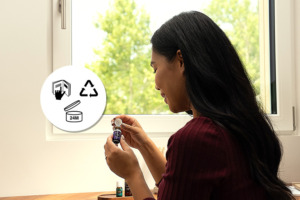
What are your top dos and don’ts when it comes to using essential oils? Write your comments below or contact us at mseublog@youngliving.com

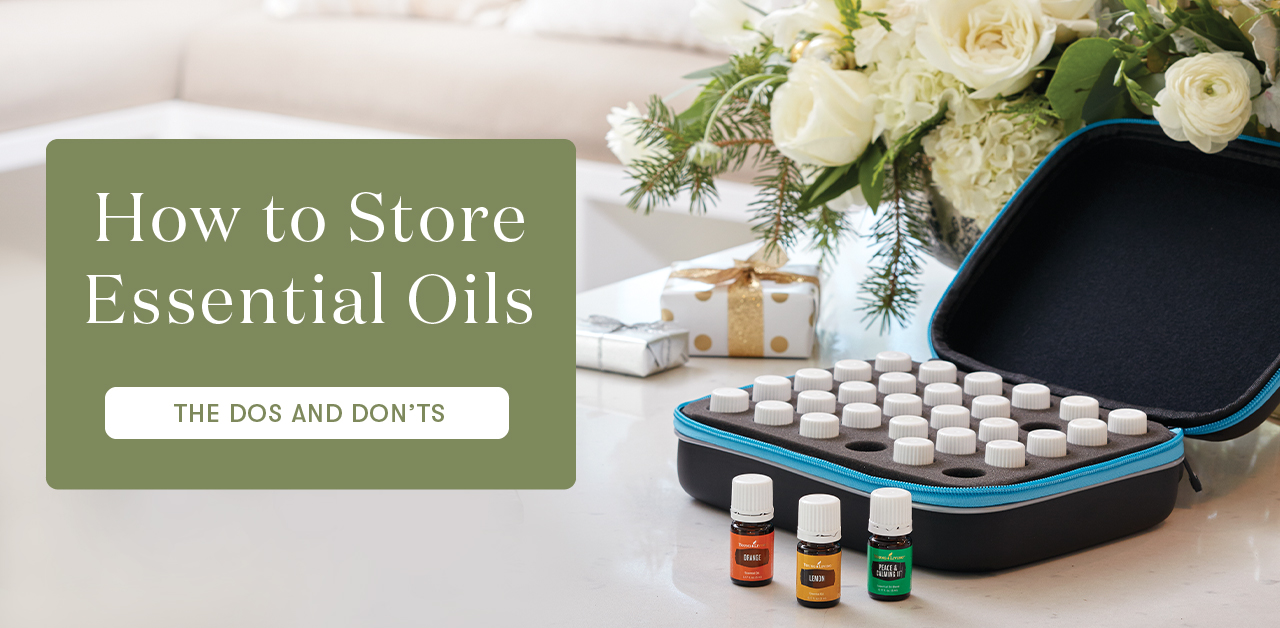




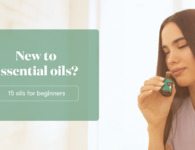







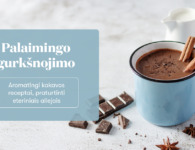


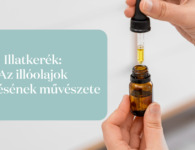
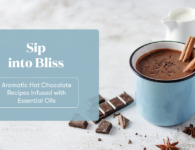

2 Comments
Due to unfortunate circumstances my lovely oils have been in a storage locker for over 2 years. I am veery concerned for them. How can I tell if they are still useable and safe to use? Thank you for your help.
Dear Barbara, as long as our oils are kept out of direct sunlight and in a cool, dry space you are still able to use them.